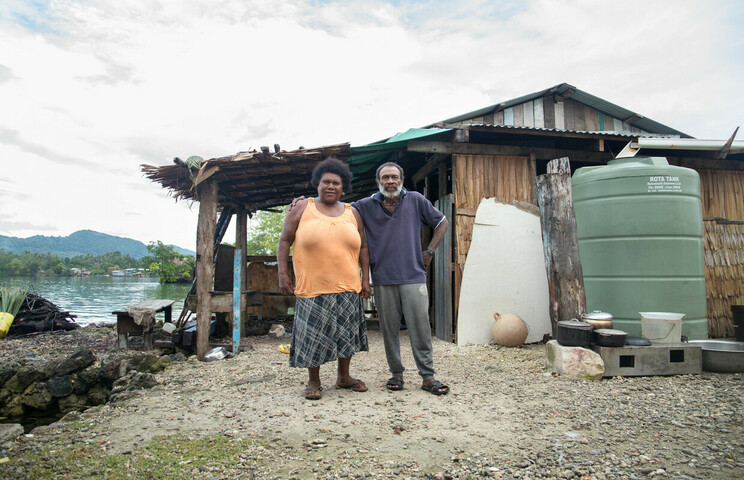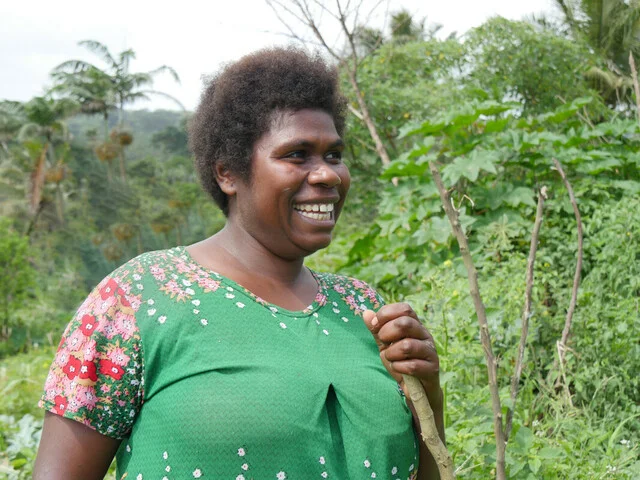Disaster risk reduction
Disaster Risk Reduction (DRR) aims to reduce the damage caused by natural hazards like earthquakes, floods, droughts, and cyclones, through prevention.
We work alongside communities to improve preparedness, reduce vulnerability, and
When disaster strikes
Each year, more than 55 million people have to abandon their homes as a result of war, crime, political unrest or a climate disaster. Many lose everything they own. And it’s the world’s poorest communities who are hit hardest.
- Economic losses from disasters are now reaching an average of US $315 billion each year
- Between 1980 and 2012, 42 million lives were lost in disasters each year.
- Growing global inequality and the increasing frequency of climate disasters all now threaten to drive risk to dangerous and unpredictable levels (UN, 2015).
But hazards do not need to become disasters. By helping communities to better understand the risks they face and building their capacity to adapt to, cope with, withstand and recover from hazards and climate change, we can help them to not only survive, but thrive.
Oxfam’s approach
Oxfam’s approach to resilience involves working together with both our partners and the communities that are most at risk. The end goal is that the people who are most impacted by the climate crisis are equipped with the necessary skills, knowledge, and information to continually adapt and manage the .
Oxfam’s resilience work involves working with partners and vulnerable communities so that they are better able to:
- Manage risk and uncertainty
- Adapt to the predicted impacts of climate change; and
- Influence governments, donors and other decision makers to promote and enable DRR through their policies, planning and funding.
Underpinning all of Oxfam’s resilience work is a strong belief that the climate crisis and the system that created it are the biggest contributors to global poverty and inequality today. It’s these inequalities that also make marginalised communities disproportionately impacted by shocks and stresses from climate disasters.
Throughout all our work, we encourage communities to actively participate in creating their own solutions and for all individuals to participate in the decision making process – ensuring people are in charge of their own lives.

Disaster Ready – An Australian Humanitarian Partnership
Alongside six other NGO’s, Oxfam is proud to be implementing the Disaster Ready (DR) Program through the Australian Humanitarian Partnership (AHP). The project aims to improve communities’ resilience to climate change and natural disasters, while supporting climate change adaptation in in Timor-Leste and the Pacific (including Fiji, Vanuatu & Solomon Islands). This program supports three key areas of preparedness and resilience, rapid onset and protracted crisis response and partnership learning and practice. Partnerships are crucial to the success of our programs and for Disaster Ready Oxfam is partnering with a variety of organisations to ensure inclusiveness at every step of the way.
Disability Inclusion
Oxfam works closely with the Pacific Disability Forum, CBM Disability Inclusion and ABC International Development to support accessible communication about DRR in the Pacific. When someone lives with a disability they can unintentionally be excluded from safeguarding measures, so understanding how to get the message out to all abilities is vital in protecting everyone.
